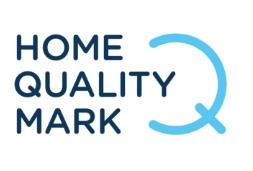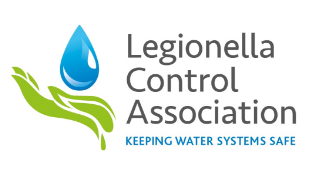Water compliance specialist GENEX has just finished a major chlorination and disinfection project for a Midlands university, ensuring it is safe from legionella and other pathogens.
The task was no problem for the GENEX skilled engineering team, who needed to battle their way through trees and shrubs to access the 110m3 underground tank to carry out the work.
The mission was one of hundreds of cold-water tank cleans carried out every year, frequently for large, sprawling, multi-site operations whose buildings often also contain complex pipework which could be prone to dangerous waterborne bacteria such as pseudomonas, which can cause pneumonia, and the bacteria which can cause potentially fatal legionnaire’s disease.
As well as ensuring the university’s underground water tank presented no risk to the health of those drinking its contents, the process, in accordance with HSG 274 and BS 8558, was carried out to ensure the site remains compliant. Breaking the legal requirements laid down by the HSE could see the responsible party facing serious consequences, such as future scrutiny and hefty fines.
The work was part of an annual inspection of the site to determine the presence of sediment, bacterial growth and to check the physical integrity of the tank to prevent any build-up of bacteria.
GENEX technical account manager Mohammad Iqbal said: “If the tank wasn’t maintained correctly, sediment could have built up and bacteria could have started growing within the water storage facility, leading to an eventual legionella outbreak, at which point the site would be deemed non-compliant. As well as the work ensuring the health and safety of anyone passing the work area, we also ensured our highly valued colleagues were safe at all times.”
Cold-water storage tanks, as well as old and labyrinthine pipework, can provide an ideal environment in which bacteria can lurk if not suitably managed. Regular inspections are essential to ensure it is not only safe, but also legally compliant.
Regular inspections mean non-chemical ‘first port of call’ methods can be used to avoid a legionella outbreak, via a Planned Preventive Maintenance (PPM) programme.
“If the findings suggest chlorination and disinfection is necessary, then GENEX will deploy its dedicated team of highly experienced engineers to complete the task, using hydrogen peroxide as an oxidising agent to break down the oxygen and water. While it kills the bacteria, it is safe for human consumption and leaves no long-term environmentally damaging by-products,” added Mohammad.














